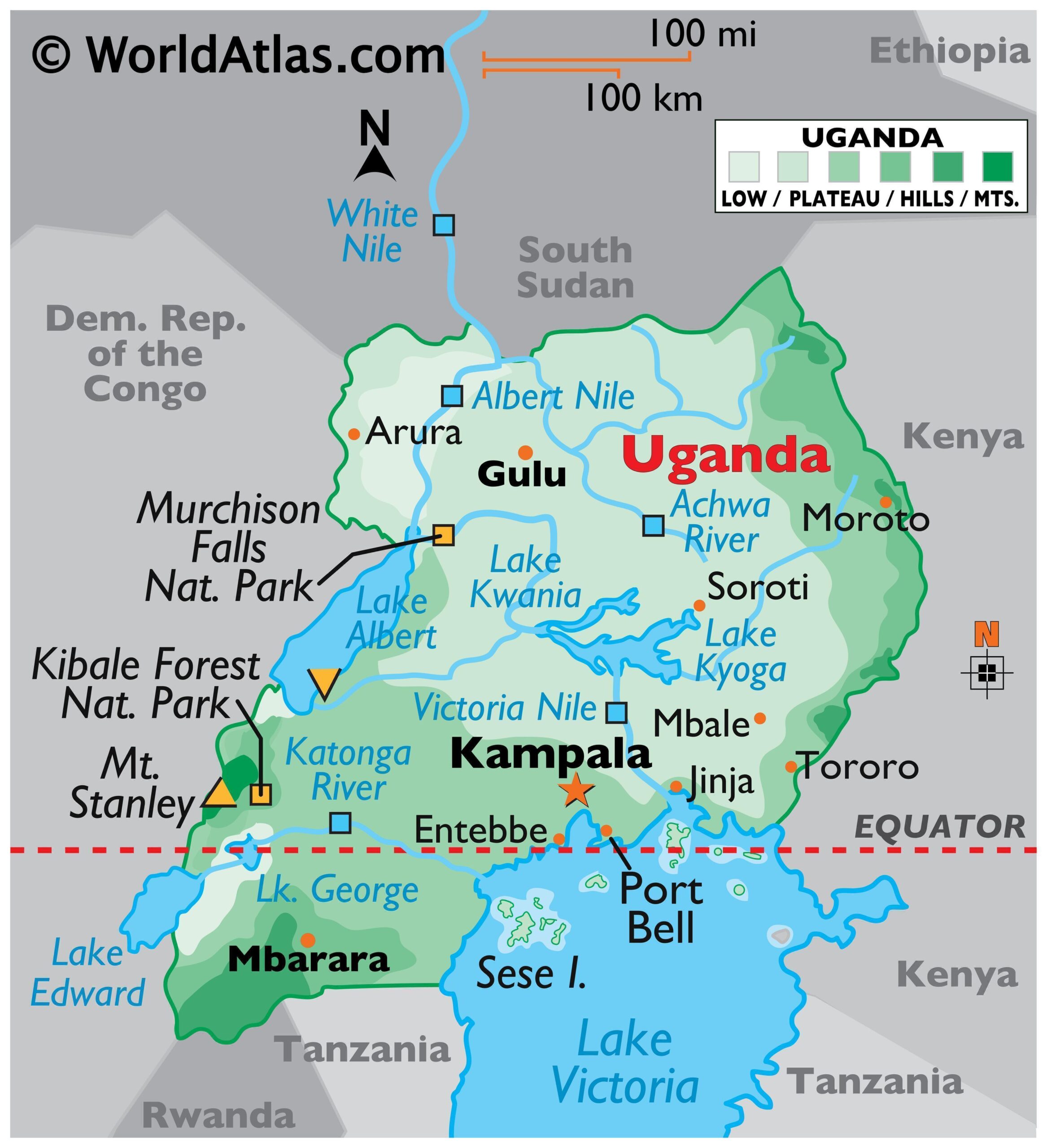Uganda has struck a deal with the United States to accept deportees. Analysts believe the East African nation is eyeing trade incentives and political favor from Washington. When Uganda’s Ministry of Foreign Affairs quietly announced a “temporary arrangement” with Washington to receive US deportees, the world raised an eyebrow. Why would Uganda and already Africa’s largest host of refugees. Sign up to house third-country nationals who refuse to return home?
The deal comes at a time when President Donald Trump is intensifying his hardline deportation drive, vowing to expel millions of undocumented migrants, including convicted criminals whom the White House calls “uniquely barbaric monsters.” Uganda, it seems, is the latest test case. But what’s in it for Kampala?
What Did Uganda Actually Agree To?
According to Bagiire Vincent Waiswa, Uganda’s Foreign Ministry permanent secretary, the agreement is only temporary. The country insists it will not accept people with criminal records, unaccompanied minors, or anyone who doesn’t fit its “preferred” profile and namely, African nationals.
Washington confirmed that Ugandan President Yoweri Museveni and Secretary of State Marco Rubio discussed the arrangement along with “migration, reciprocal trade, and commercial ties.”
Why Would Uganda Say Yes?
Uganda’s exports such as coffee, vanilla, cocoa beans, and petroleum are face steep 15% tariffs in the US market. For a country desperate to expand its agricultural exports, especially coffee, cutting those tariffs could be a major win. Kampala also wants to re-enter Washington’s good books after relations soured in 2023, when Uganda passed a widely condemned anti-homosexuality law.
What is the Political Angle
For Museveni, who has ruled Uganda since 1986 and faces elections in 2026, the deal could serve a dual purpose: patch up ties with Washington and polish his international image. But at home, opposition figures argue the arrangement undermines Uganda’s sovereignty and human rights obligations.
Verdict
Uganda’s deal with the US is not just about deportees. It’s about trade, tariffs, and political survival. While Washington gains a quick fix for its deportation agenda, Kampala hopes to secure economic concessions and diplomatic favor. But at what cost? For the deportees themselves, the deal risks turning them into bargaining chips in a high-stakes game of international politics. Uganda may gain short-term trade benefits and political leverage.

